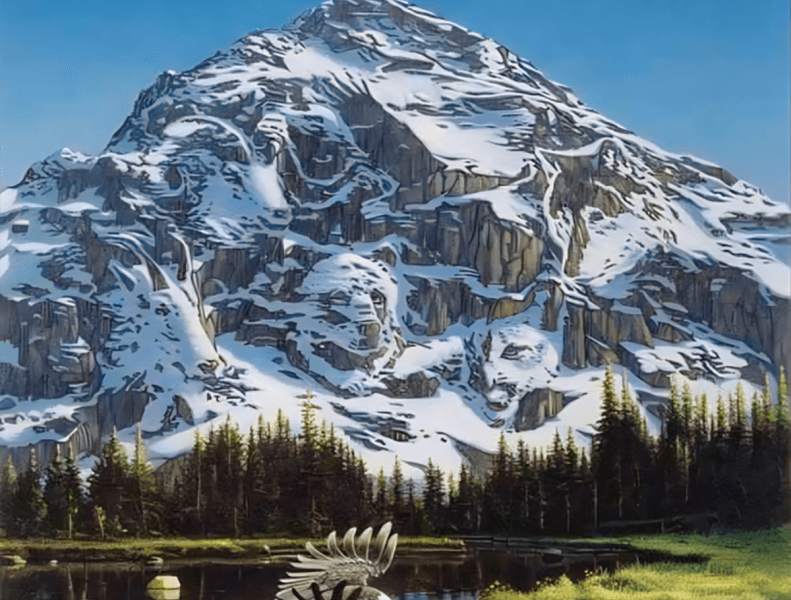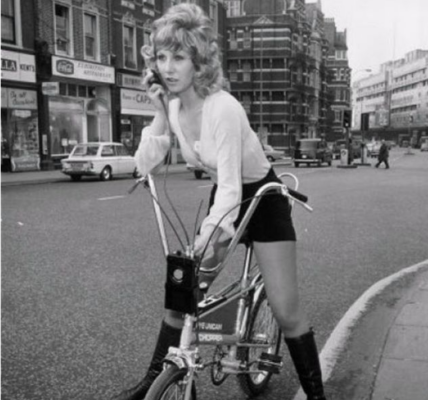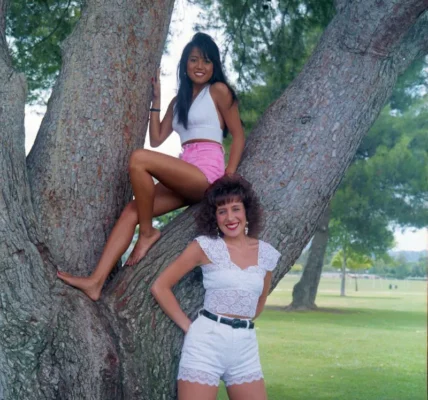Do you pride yourself on having sharp observation skills? If you’ve ever been fascinated by optical illusions or hidden object puzzles, then this challenge is for you. The task may seem simple—find the second eagle—but only a select few with exceptional attention to detail can spot it at first glance. Let’s dive into this visual puzzle and see if your eyes are up to the challenge!
The Power of Observation: How Sharp Are Your Eyes?

When it comes to solving visual puzzles, it’s not just about looking at the image—it’s about really seeing it. Our brains are wired to interpret patterns, but sometimes, we overlook the finer details hidden within a picture. This is what makes puzzles like the second eagle challenge so tricky. Many people will scan the image quickly, only to miss the subtle cues that reveal the hidden object.
Are you confident that your observation skills are top-notch? Before you scroll down to see the answer, take a moment to focus on the image. Look closely at the colors, the shapes, and the textures. The second eagle is there, but it’s cleverly disguised within the image’s design.
The Science Behind Visual Puzzles
Have you ever wondered why some people excel at spotting hidden objects while others struggle? It all comes down to how our brains process visual information. Our eyes capture the raw data, but it’s our brain that organizes this information into recognizable patterns. When faced with a puzzle that hides an object in plain sight, the brain has to work overtime to decode what it’s seeing.
One factor at play here is selective attention. This is the process that allows us to focus on specific details while filtering out irrelevant background information. When searching for the second eagle, your brain needs to adjust its focus to ignore distractions and zero in on subtle differences in the image.
The Challenge: Can You Spot the Second Eagle?
Now that you understand the science behind it, it’s time for the real challenge. In this image, there are two eagles, but one of them is hiding in plain sight. The first eagle is easy to spot, but finding the second one requires a keen eye and a bit of patience.
Take your time and carefully examine the entire image. Don’t rush, as the second eagle could be hidden in an unexpected place. Keep in mind that it may be camouflaged by the surrounding shapes, colors, or patterns. Your mission is to look beyond the obvious and see what’s cleverly concealed.
A Clue to Help You Out
Still having trouble? That’s okay! The key to spotting the second eagle lies in paying attention to the red shapes within the image. Sometimes, the hidden object can be disguised by blending into its surroundings, using similar colors or lines to confuse the eye.
Focus on the red areas of the image and try to piece together where the second eagle might be. It may not look exactly like the first eagle but should have similar characteristics. Once you adjust your focus, the second eagle will reveal itself.
The Answer: Did You Find It?

If you’re still searching, don’t worry—this puzzle has stumped plenty of people! The second eagle is cleverly hidden within the red shape in the lower part of the image. By blending into the red outline, the eagle becomes almost invisible to the casual observer. But with sharp eyes and a bit of concentration, you can see the distinct shape of the bird emerge from the background.
Take a look again and see if you can now spot it. If you’ve successfully located the second eagle, congratulations! Your observation skills are truly impressive. If not, don’t be discouraged—keep practicing these visual puzzles, and over time, your brain will get better at detecting these hidden images.
Keep Challenging Yourself
So, did you find the second eagle? If so, give yourself a pat on the back—you’ve proven that your observation skills are top-notch. If not, don’t be discouraged. Visual puzzles are designed to be challenging, and the more you practice, the better you’ll get.
Keep testing your brain with these types of challenges, and remember: it’s not just about what you see, but how you see it. Every puzzle you solve helps train your brain to think more critically, notice finer details, and enhance your problem-solving skills.
Ready for your next challenge?



